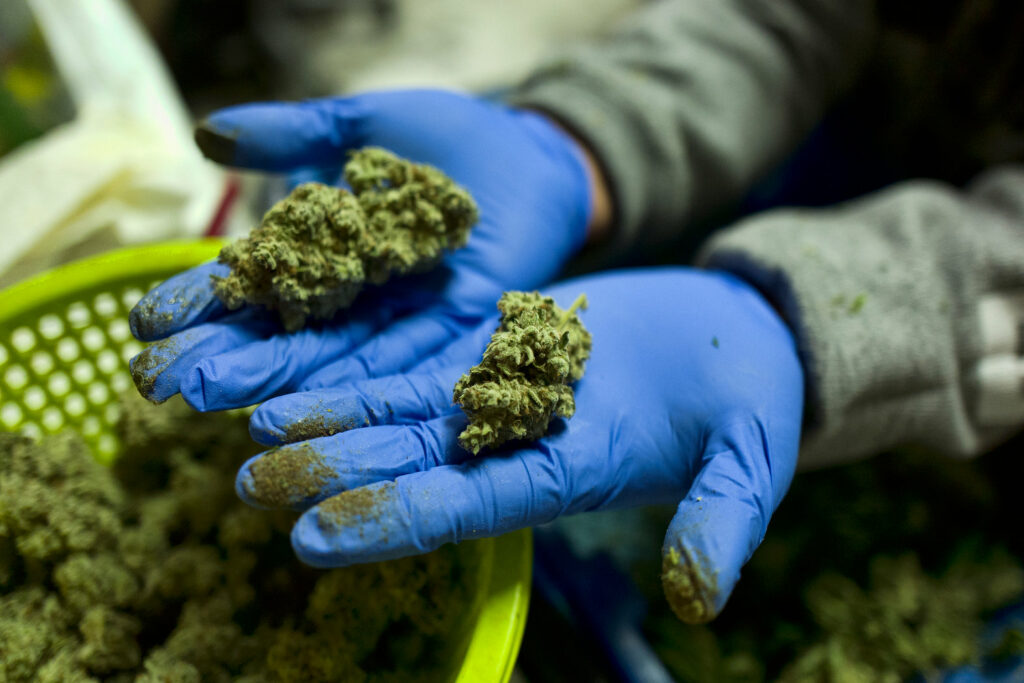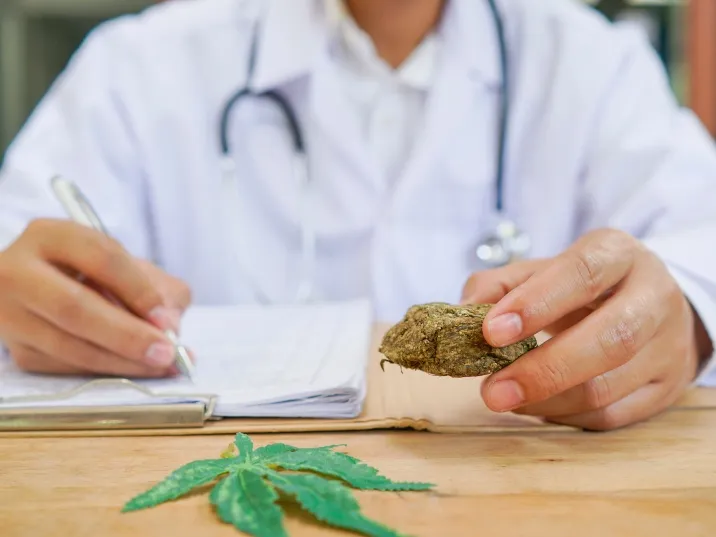When it comes to preparing for surgery. Patients are often given a long list of instructions to follow in the days leading up to the procedure. One question that may come up for those who use cannabis is whether or not they can smoke weed before surgery.
In this article, we will explore the effects of cannabis on the body. The risks of smoking weed before surgery, and alternative pain management options for those who use marijuana.
How Cannabis Affects the Body
Cannabis is a psychoactive drug that can have a range of effects on the body. Including altered perception, mood changes, and increased appetite. The main active ingredient in cannabis is delta-9-tetrahydrocannabinol (THC), which is responsible for many of these effects. When cannabis is smoked, THC enters the bloodstream and travels to the brain. Where it binds to receptors in the endocannabinoid system.
The endocannabinoid system is a part of physiological processes. Including pain sensation, mood regulation, and immune function. THC can affect these processes in different ways, depending on the dose and individual factors such as tolerance, metabolism, and genetics. Some people may experience relaxation and pain relief from smoking weed, while others may feel anxious or paranoid.

Risks of Smoking Weed Before Surgery
While cannabis may have some therapeutic benefits for certain conditions, it can also pose risks for patients undergoing surgery. Smoking weed before surgery can interfere with the body’s ability to respond to anesthesia. This increases the risk of bleeding, and cause respiratory problems. Additionally, cannabis use can affect the liver enzymes that metabolize medications. Which can lead to unpredictable drug interactions and a longer recovery time.
One study published in the Journal of Anesthesia found that patients who used cannabis within the past 30 days had a higher risk of complications during and after surgery. Including longer hospital stays, higher costs, and more frequent readmissions. Another study in the Journal of Cardiothoracic and Vascular Anesthesia. Cannabis use has a higher risk of postoperative nausea and vomiting.
Anesthesia and Cannabis
Anesthesia is a critical part of most surgical procedures, as it allows patients to undergo the operation without feeling pain or discomfort. However, the interaction between cannabis and anesthesia is not well understood, and there is limited research on the topic. Some studies suggest that cannabis use can increase the amount of anesthesia needed to achieve the desired effect, while others suggest that it can decrease the effectiveness of anesthesia.
One possible explanation for these conflicting findings is that cannabis can affect the way the body processes anesthesia drugs, which can vary depending on the type of anesthesia used. For example, inhalational anesthesia (such as nitrous oxide) may be affected differently than intravenous anesthesia (such as propofol). Additionally, the timing and amount of cannabis use can also impact the interaction with anesthesia.
Pre-surgery Instructions for Cannabis Users
If you are a cannabis user and are scheduled to undergo surgery. It is important to inform your healthcare provider of your cannabis use. Your doctor can provide specific instructions on when to stop using cannabis before surgery. As well as, what alternative pain management options are available. In general, patients should refrain from smoking weed for at least 24-48 hours before surgery to minimize the risk of complications.
Other pre-surgery instructions for cannabis users may include avoiding other drugs that can interact with anesthesia. Such as benzodiazepines and opioids, and following a healthy diet and exercise routine to promote healing and reduce inflammation. Patients may also be advised to use non-inhaled forms of cannabis. Such as edibles or tinctures, to avoid the respiratory risks associated with smoking.

Alternative Pain Management Options
For patients who use cannabis to manage pain, there are alternative pain management options available that can be used before and after surgery. These may include non-opioid medications such as acetaminophen or nonsteroidal anti-inflammatory drugs (NSAIDs), physical therapy, acupuncture, or mindfulness-based interventions.
Your healthcare provider can work with you to develop a personalized pain management plan that takes into account your individual needs and preferences.
Studies on Cannabis and Surgery
While there is little research on the interaction between cannabis and surgery. There have been some studies that have investigated the potential benefits and risks of cannabis use in surgical patients. One study in the Journal of Pain found that cannabis use has a correlation with a lower use of opioids. While another study in the Journal of Clinical Anesthesia. Cannabis use has a higher rate of postoperative complications.
More research is needed to fully understand the effects of cannabis on surgical outcomes. As well as, the optimal timing and dosing of cannabis use around the time of surgery. Patients who are considering using cannabis before or after surgery should discuss the potential risks and benefits with their healthcare provider.
Can You can Smoke Weed Before Surgery
If you are a cannabis user and are scheduled to undergo surgery. It is important to have an open and honest conversation with your healthcare provider about your cannabis use. Your doctor can provide guidance on the safest and most effective way to manage pain and other symptoms before and after surgery. By working together, you can ensure that you are receiving the best possible care and minimizing the risk of complications.

Conclusion
In conclusion, the question of whether or not you can smoke weed before surgery is a complicated one. While cannabis may offer some benefits for pain management and other conditions, it can also pose risks for surgical patients.
If you are a cannabis user and are to undergo surgery. It is important to inform your healthcare provider of your cannabis use and follow their instructions for preparing for the procedure. Alternative pain management options are available for those who use cannabis. As further research continues to understand the effects of cannabis on surgical outcomes.

